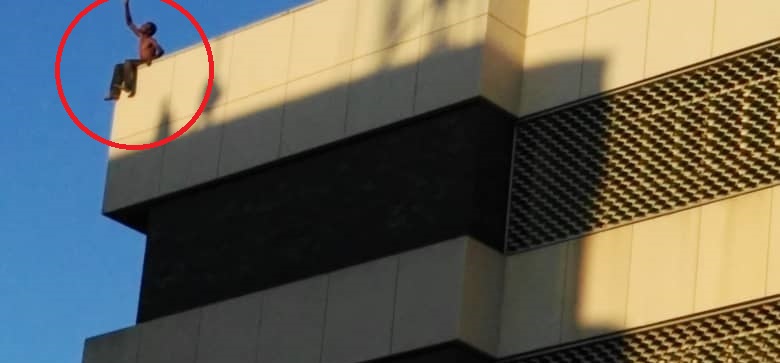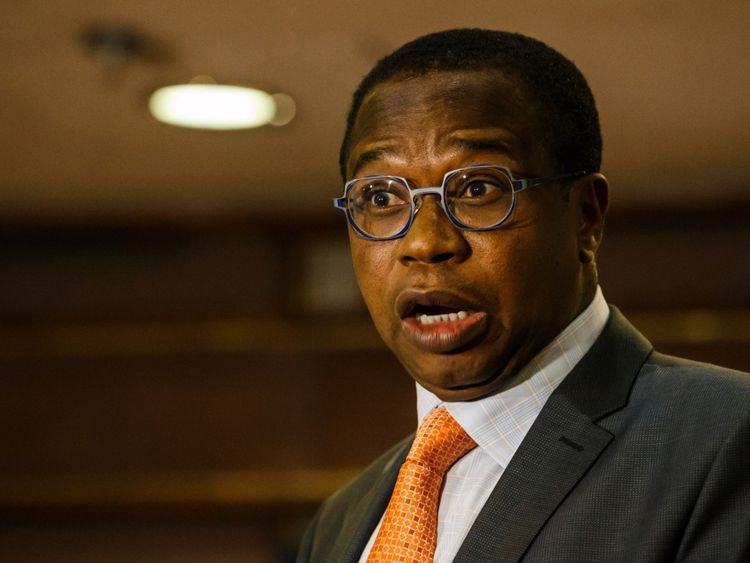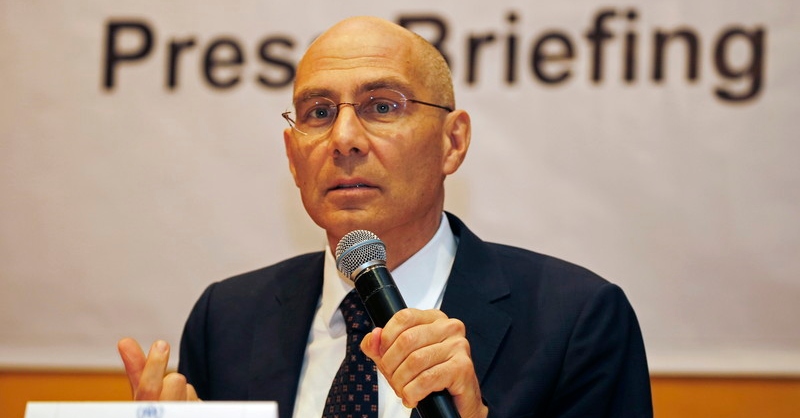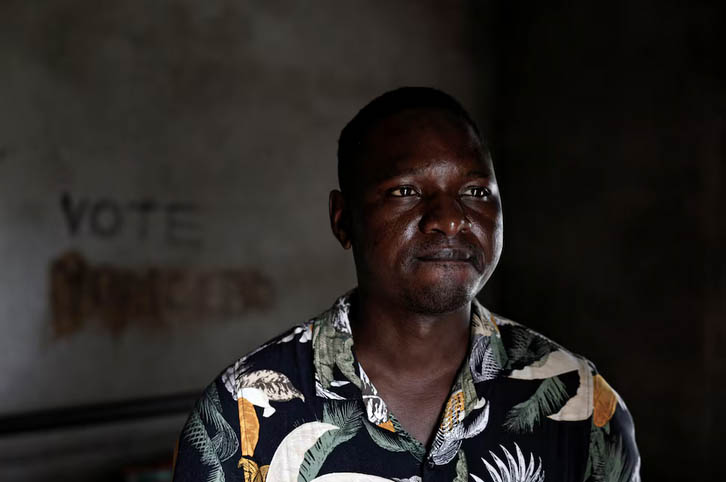HARARE – Zimbabwe’s government on Friday suspended the local stock exchange and froze all mobile money transactions, accusing telecoms firms of “illicit activities that are sabotaging the economy.”
The decision to suspend mobile payments will hit the economy hard as more than 80 percent of all transactions are conducted on phones due to a shortage of banknotes, according to central bank data.
“Government is in possession of impeccable intelligence which constitutes a prima facie case whereby the phone-based mobile money systems of Zimbabwe are conspiring, with the help of the Zimbabwe Stock Exchange, either deliberately or inadvertently, in illicit activities that are sabotaging the economy,” government spokesman Nick Mangwana said in a statement.
Mangwana accused Econet, Telecel and NetOne of a range of economic crimes including tax evasion, illegal “externalisation” of foreign currency and acting as banks outside the purpose for which they were originally licenced.
“This includes, in the particular case of EcoCash, holding well in excess of Z$8 billion distributed across just 501,000 agent/merchant lines as at June 10, 2020, which is not under the scrutiny of the Reserve Bank of Zimbabwe’s Financial Intelligence Unit,” Mangwana said.
EcoCash, which enjoys a 94 percent market share of all mobile money transactions, “is acting as the centre pivot of the galloping black market foreign exchange rate” and “fuelling the incessant price hikes of goods and services that are bedevilling the economy and causing untold hardship to the people of Zimbabwe,” he added.
The dramatic move came two days after President Emmerson Mnangagwa said unnamed “enemies of progress” were sabotaging the economy through greed and to cause disaffection with his government.
“The end is coming!” Mnangagwa warned, speaking at the National Heroes Acre on Wednesday.
The temporary ban on mobile money is the latest in a string of unsuccessful policies introduced by Mnangagwa to stabilise the economy, and quell rising anger against his government.
After claiming victory in a disputed July 2018 election which his rivals said was rigged, Mnangagwa ended a decade of dollarisation in June last year with the re-introduction of the Zimbabwe dollar, partly to stem demand for the increasingly scarce currency, a decision which pushed up inflation, eroding wages and savings.
Inflation shot up to 786 percent in May, and the government was forced to announce partial redollarisation with businesses now allowed to display dual prices for products and services.
The government last week abandoned its discredited 1:25 peg for the Zimbabwe dollar against the United States dollar after adopting a weekly currency auction system. The rate after the first trading was 1:57, although the parallel market remained well ahead with one U.S. dollar buying upward of 90 Zimbabwe dollars.
Zimbabwe recently introduced higher denomination notes with the aim of solving a cash crisis, but with weekly withdrawal limits of Z$1,000 – many Zimbabweans who are unbanked prefer to pay using mobile money, which offers better convenience in a highly informal economy.
Mangwana said the ban on mobile money transactions and trading on the Zimbabwe Stock Exchange will remain in place “until such time that the mobile money platforms have been reformed to their original purpose and all the current phantom rates of exchanged have converged into one genuine rate that is determined by market forces under the Foreign Currency Auction System.”
The government wants the mobile phone companies to strengthen the ‘know your customer’ requirements and intensify monitoring to identify illegal trading.
Mangwana said there existed fake counters on the ZSE “epitomised by the so-called Old Mutual Implied Rate.”
“This in turn results in four or more USD:ZWL parallel market exchange rates operating in the market. At any time there is the official rate, the EcoCash rate, a OneMoney rate and the OMIR among others,” Mangwana said.
EcoCash was last month accused of running a “pyramid scheme” by Reserve Bank governor John Mangudya, and Mangwana said the Econet subsidiary “has been conspiring with big merchants to act as their conduit through which they transfer hundreds of millions of dollars per day to runners on the street who then buy U.S. dollars on their behalf.”
Economist Vince Musewe said: “Zimbabwe’s inflation is driven more by sentiment than by money supply or monetary policy. As long as the future is as clear as mud and corruption continues unabated, we shall see prices continue to increase.”
Former finance minister and MDC Alliance deputy president Tendai Biti described the latest measures as “pure rank madness by a deranged, paranoid and clueless regime.”















